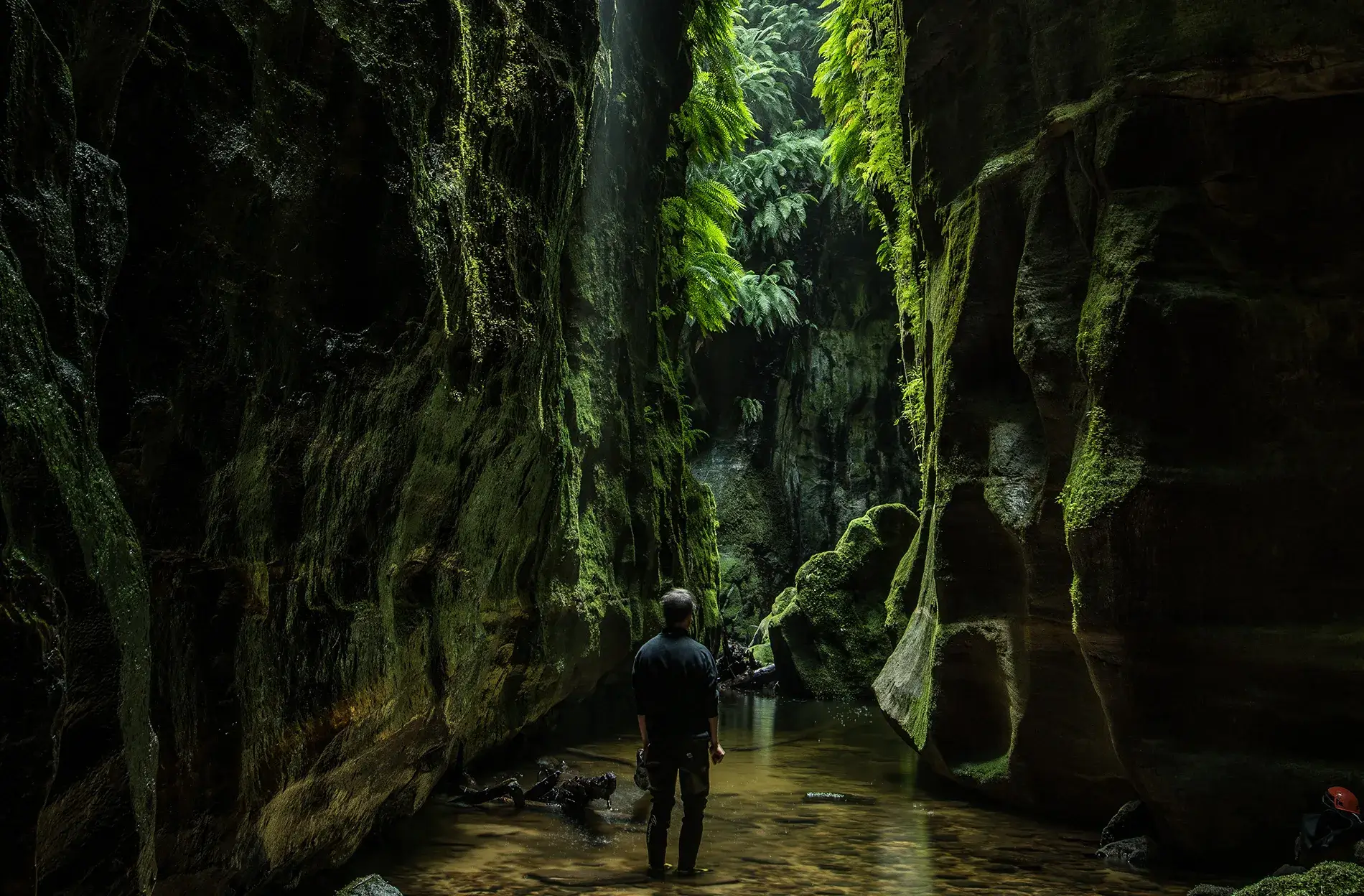
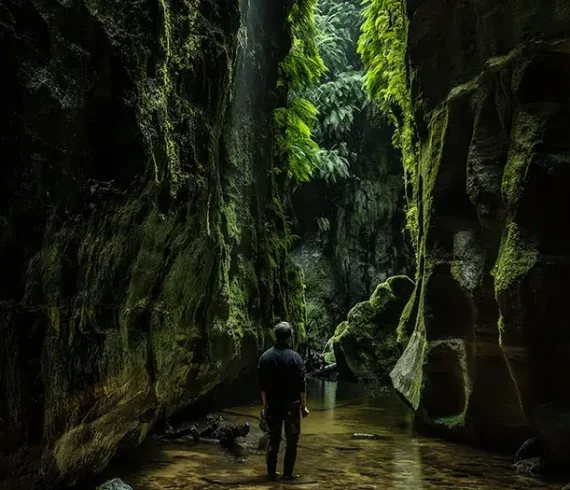
Read More
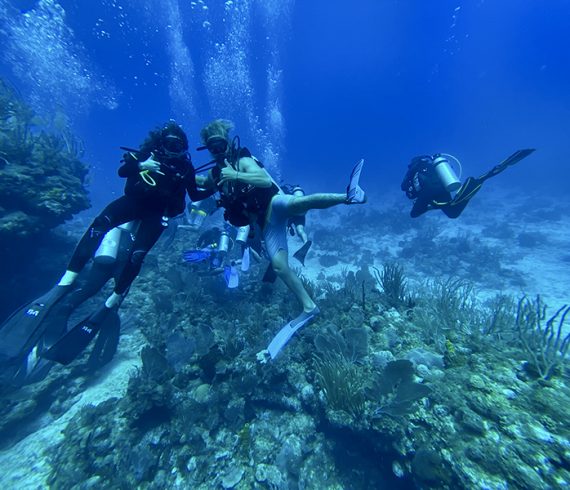
A Dramatic Shark Dive Rescue, Atul Gawande’s Checklist Manifesto, and How We Can Make Recreational Diving Safer
by Michael Breer·
July 14, 2021·
in Ethics, Places·
0 comments
tags: Diving, Environmentalism, Puerto Rico, Travel
Read More

Patagonia, George Carlin and “Keeping it Real.”
by Michael Breer·
April 15, 2021·
in People, Places, Politics·
0 comments
tags: Environmentalism, Patagonia, Politics, Science, Travel
Read More
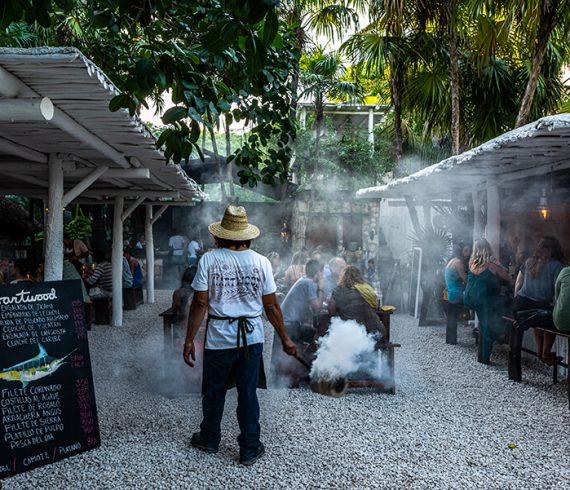
The Yucatan: Beyond the Foam Party, Yoga Retreat, and Beach Blanket
by Michael Breer·
February 27, 2021·
in Culture, Ethics, Places·
0 comments
tags: Ecological Sites, Environmentalism, Travel
Read More
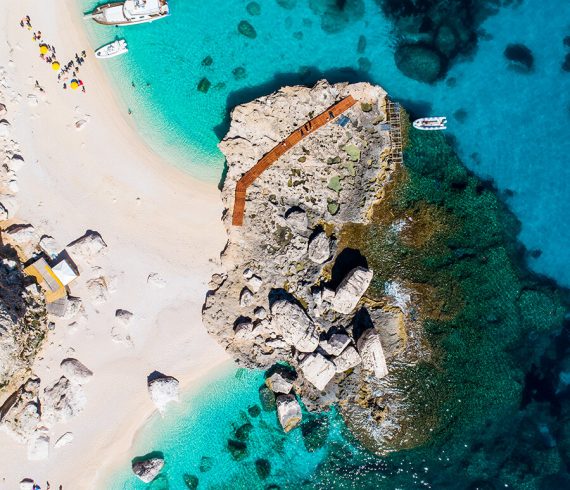
2020: The Year of Nowhere to Hide (not even in Sardinia)
by Michael Breer·
January 15, 2021·
in Culture, Events, Politics·
0 comments
tags: Environmentalism, Italy, Politics, Travel
Read More
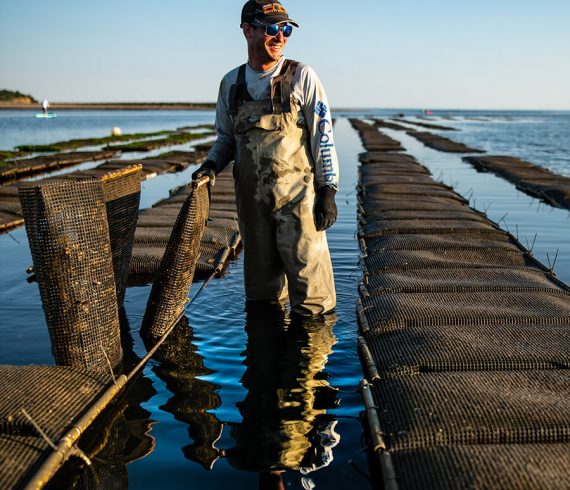
Why Eating Oysters is the Ethical and Delicious Thing to Do
by Michael Breer·
August 01, 2020·
in 360 Video, Ethics·
0 comments
tags: 360 Video, Boston, Environmentalism
Read More
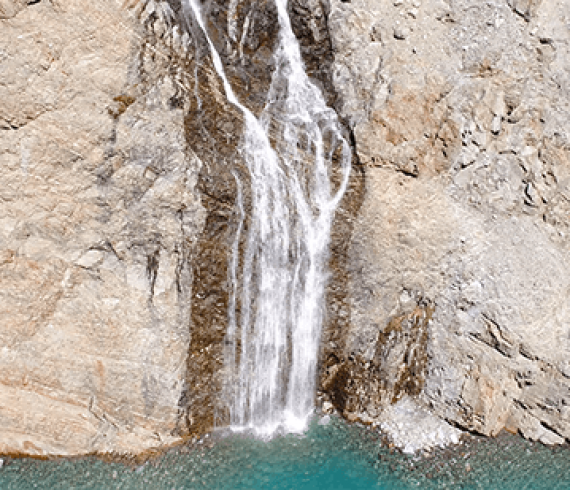
Read More
Recent Posts
- A Journey Through Immersive Tech: Visiting Mercer Labs’ Exhibition at Tribeca Festival
- New York City “Hot-Yoga” Heat Keeps NYC Distinctly Cool
- A Pokemon Stampede (Yeah, They’re a Thing), Travel, and the Implications of AR Reaching Maturity
- Caring for Our Planet on the 364 other days of the Year (not just Earth Day)
- The future of travel: 10 concepts that will change the way we experience the world
Tags
360 Video
Acadia
America
ar
art
Artists
Augmented Reality
Australia
Black Lives Matter
bluemountains
Boston
Communism
Consumerism Complex
COVID-19
Death Valley
Diving
Eco-fascism
Ecological Sites
Environmentalism
framerate
History
Inequality
Italy
leica
lidar
lowermanhattan
media
mercerlabs
Panorama
Patagonia
Politics
Pompeii
Puerto Rico
Racism
rihanna
roynachum
scanlabs
Science
Social Distancing
thingstodoinnyc
Travel
Trump
vr
xr
Yosemite


